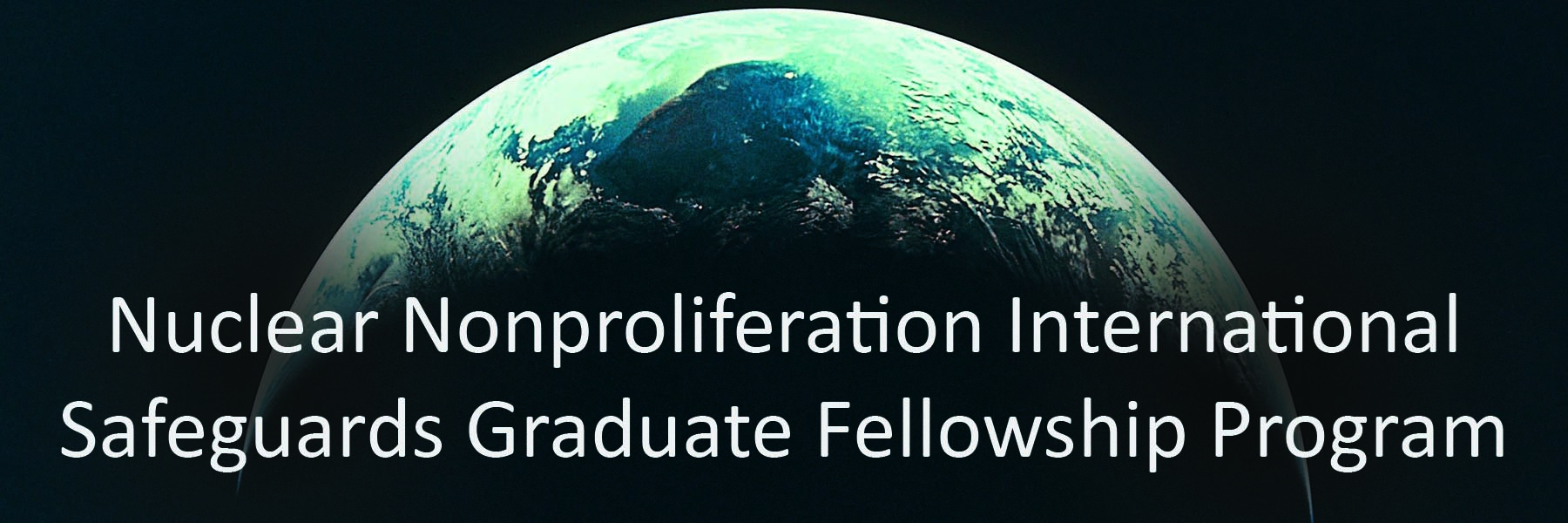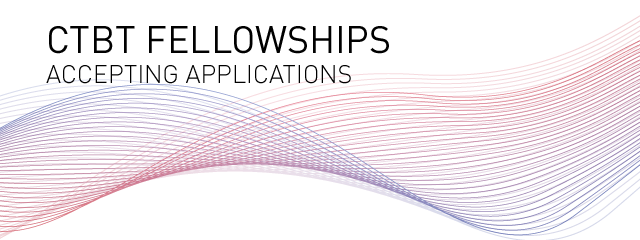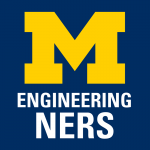Jill Hruby FellowshipFrom Sandia National Labs: “We are now accepting applications for the 2018 Jill Hruby Fellowship in National Security Science and Engineering. The Hruby Fellowship is one of Sandia National Laboratories’ most prestigious postdoctoral fellowships. This fellowship aims to develop women in the engineering and science fields who are interested in technical leadership careers in national security. Jill Hruby is the first woman to have been appointed director of a large, multidisciplinary national security laboratory and has been a driving force for other women at Sandia and across the country to follow careers in technical leadership. Jill Hruby Fellows have the opportunity to pursue independent research that supports Sandia’s purpose: to develop advanced technologies to ensure global peace. In addition to receiving technical mentorship, Jill Hruby Fellows participate in a unique, prestigious leadership development program. To be considered for this fellowship, applicants must display excellent abilities in scientific and/or engineering research and show clear promise of becoming outstanding leaders. Fellows may work at either of Sandia’s principal locations in New Mexico and California. All qualified applicants will be considered for this fellowship.” Applicants may contact Dr. Alf Morales, [email protected] Stanton Nuclear Security FellowshipThe Stanton Nuclear Security Fellowship (SNSF) Program, made possible by a generous grant from the Stanton Foundation, offers younger scholars studying nuclear security issues the opportunity to spend a period of twelve months at CFR offices in New York or Washington, DC, conducting policy-relevant research. Qualified candidates must be postdoctoral fellows or junior faculty in a tenure-track position at a recognized university. Junior faculty at law schools or with a law degree as their terminal degree are also eligible. The program is intended for those who are pursuing a career in academia and is only open to U.S. citizens and permanent residents who are eligible to work in the United States. CFR does not sponsor for visas. The program awards a stipend of $110,000 for junior faculty and $80,000 for postdoctoral fellows. CFR awards two fellowships annually. The online application deadline is December 15, 2015. For more information, please visit www.cfr.org/fellowships, or contact [email protected] or 212.434.9740.
|
International Affairs Fellowship in Nuclear Security, sponsored by the Stanton FoundationThe International Affairs Fellowship in Nuclear Security (IAF-NS), sponsored by the Stanton Foundation, offers university-based scholars valuable hands-on experience in the nuclear security policymaking field and places selected fellows in U.S. government positions or international organizations for a period of twelve months to work with practitioners. The IAF-NS is only open to faculty members with tenure or on tenure-track lines at accredited universities and who propose to spend a year working in government or at an international organization. Qualified candidates must be U.S. citizens or permanent residents who are eligible to work in the United States and be between the ages of twenty-nine and fifty. CFR does not sponsor for visas. Former Stanton nuclear security fellows who meet the eligibility requirements can apply. The program awards a stipend of $125,000. CFR awards approximately two fellowships annually. The online application deadline is January 16, 2016 For more information, please visit www.cfr.org/fellowships, or contact [email protected] or 212.434.9740.
|
Postdoctoral Research Opportunities at INL |
Student Opportunities
|

|
 |
|
|

|
 Apply for the 2015 Nuclear History Boot Camp!The Boot Camp is an intensive, ten-day immersion course in the history of nuclear matters. The program ranges from the evolution of nuclear technology to the origins and development of deterrence theory and nuclear strategy through the historical roots of today’s global nuclear landscape.
|


